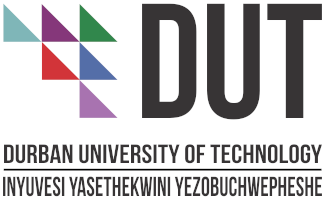The Adoption of Project-Based Learning in a South African Higher Education Teaching, Learning and Assessment Context: A Review
DOI:
https://doi.org/10.51415/ajims.v7i1.1574Keywords:
project-based learning (PBL), teaching, learning and assessments, South African higher educationAbstract
In South Africa and other developing countries, the pursuit of improving higher education quality has been defined by the focus on enhancing teaching, learning and assessment. The evolving demand of the 21st-century workforce prompts South African higher education institutions to increasingly explore novel pedagogical approaches to equip students for success in the dynamic global economy. Project-based learning (PBL) is a technique gaining traction that promotes creativity, critical thinking, collaboration and problem-solving skills. However, the journey towards embracing PBL in higher education pedagogies is fraught with many challenges, such as infrastructural limitations, resource disparity, and the reskilling of academic professionals. Therefore, this paper explores the adoption of PBL within the South African higher education context. Using a comprehensive review, PBL is investigated to facilitate the effective incorporation of this concept within the South African higher education institutions’ teaching, learning and assessments, while considering contextual challenges. The findings revealed the acknowledgement of PBL benefits, its adoption, as well as the institutions. It also uncovers that the practicality of the concept is still at an infant stage due to several challenges, including resource constraints, staff resistance, curriculum alignment issues, and assessment complexities. The results provide a solid basis for empirical studies in institutions to correlate with decision-making and strategies aiming to enhance PBL adoption.
Downloads
Downloads
- PDF 147 Downloads






